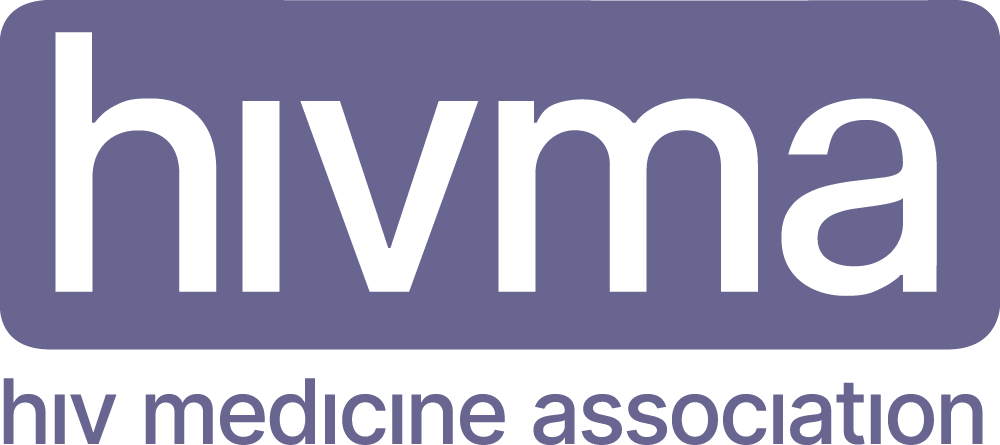Senate FY 2025
Senate Appropriations Bill Offers Lifeline for Key HIV-Related Programs, but Fails to Fund Important ID/HIV Workforce Program
The Senate FY 2025 Labor, Health and Human Services funding bill maintains critical investments in the Ryan White HIV/AIDS Program, the Ending the HIV Epidemic in the U.S. initiative and encourages the Centers for Disease Control and Prevention’s efforts to establish the foundation for a national PrEP program. The Senate bill also rejects the House proposal to split up the National Institute of Allergy and Infectious Diseases with significantly reduced funding.
However, HIVMA is disappointed that the Senate proposal fails to provide the resources needed to address the ID and HIV workforce crisis by funding the bipartisan Bio-Preparedness Workforce Pilot Program.
See “Senate Appropriations Bills Boost ID Funding, Fall Short on Workforce Needs.”
HIV-Related Funding
While the Senate would largely flat fund HIV-related programs at a time of increasing service demand and rising health care costs, the bill sets the high bar. The House bill, in contrast, would cut more than $430 million in funding from HIV programs, including the elimination of the EHE initiative. Funding levels for key federal HIV-related programs include the following:
- Flat funding at $2.57 billion for the Ryan White HIV/AIDS Program across all parts; this includes $165 million in flat funding for the EHE initiative to support HIV care and treatment services
- $1.394 billion for CDC’s National Center for HIV/AIDS, Viral Hepatitis, STD and TB Prevention, which represents flat funding for HIV and viral hepatitis prevention with a $2 million increase in funding for STD prevention programs and $1 million for TB prevention; EHE initiative funding is maintained at $220 million
- $130 million increase for NIAID
- Maintains funding at $119.3 million for the Substance Abuse and Mental Health Services Administration’s Minority AIDS Program
- Sustains funding at $60 million for the Minority HIV/AIDS Fund
What’s Next
The House and Senate will negotiate a final funding agreement for FY 2025, but final action on the bill is not expected until after the November 2024 elections. HIVMA urges Congress to avoid a long-term continuing resolution and to use the Senate bill as the floor for providing the highest level of funding possible for essential HIV and ID programs, including funding for the Bio-Preparedness Workforce Pilot Program.
